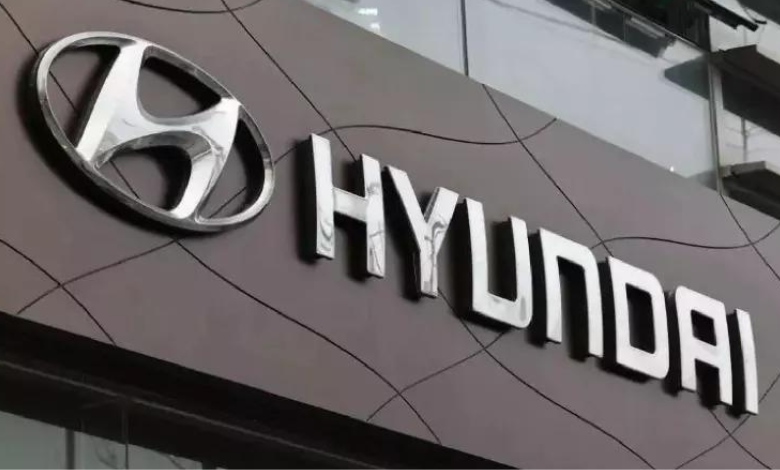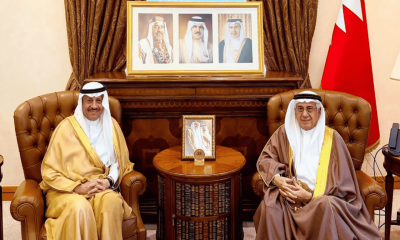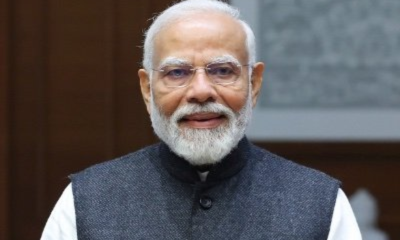The 2030 growth plan of Saudi Crown Prince Mohammed bin Salman is paying off, as Hyundai signs a deal to become the next carmaker in the Gulf after Lucid.
Crown Prince Mohammed bin Salman has just achieved a significant triumph in his race to diversify Saudi Arabia’s oil-dependent economy away from black gold.With the aid of an estimated investment exceeding half a billion dollars, Hyundai plans to start local production of up to 50,000 combustion engine and electric vehicle cars annually as early as 2026. The Public Investment Fund (PIF), a Saudi sovereign wealth fund, will own 70% of the new commercial joint venture, with the South Korean automaker holding the remaining minority stake.Hyundai CEO Jaehoon Chang stated in a statement, “We are excited about the potential of this venture to drive significant advancements in vehicle production, fostering a sustainable and eco-friendly automotive future in the region.”Hyundai did not specify if it would contribute cash to the project or if its 30% ownership represents a non-cash contribution in kind, such as the anticipated transfer of knowledge and expertise. Although a location was not specified, Jeddah, the center of the nation’s economy, would be a top contender.
Saudi Arabia: A Swiftly Expanding Economy
Bin Salman intends to implement economic reforms without introducing political ones that could jeopardize the House of Saud’s continued rule, following China’s lead. To implement his Vision 2030 plan and modernize the Saudi economy, he will have to persuade businesses to overlook the country’s violations of human rights and other scandals, like the assassination of Saudi dissident Jamal Khashoggi in 2018 by agents of the Saudi government.
Gaining the interest of automakers and their supply chains would be a significant accomplishment. Because it is at the top of the economic pyramid, the industry has historically been crucial in developing nations’ efforts to promote prosperity. This is because it sources parts from almost every industry below it, such as chemicals for paint and plastics, high-tech electronics, and steel and aluminum for the body.
In King Abdullah Economic City, close to Jeddah, luxury EV manufacturer Lucid just opened the monarchy’s first car plant last month. It can produce 5,000 vehicles a year using what are known as semi-knocked-down (SKD) kits.
The industry frequently uses this type of low value-added work—where only final assembly is done—as a risk-mitigation tactic when entering new markets. However, by the middle of the decade, Lucid—which has PIF as an anchor shareholder—hopes to add full-scale manufacturing of about 150,000 cars.
Ceer Motors, the first Saudi EV brand and a joint venture between PIF and Taiwan’s Foxconn, the contract manufacturer of Apple iPhones, may join Lucid in two years. Additionally, a new National Automotive and Mobility Investment Company named Tasaru was introduced to the nation earlier this month to locate suppliers there.
Peak Demand Is Anticipated In 2026.
However, more work is needed to transform Jeddah into the kind of competitive automotive cluster that exists in some areas of the US, Japan, and Germany. Achieving this with two small challenger brands that face uncertain futures and operating plants that probably would not have gotten off the ground without significant government support would be next to impossible.
Read More: Qatar’s Energy Strategy: The Far-Reaching Implications of the Eni DealFor the initiative to be self-sustaining, the Saudis must cross a crucial scale barrier, and securing a reliable ally like an established player in the sector undoubtedly helps.
Yazeed Al-Humied, deputy governor at PIF and head of its automotive and mobility division, said, “Partnering with Hyundai is another significant milestone for PIF […], aligning closely with our existing stakes in Lucid and Ceer Motors, and amplifying the breadth of Saudi Arabia’s automotive and mobility value chain.”
Investments In The Middle East And North Africa.
Hyundai’s subsequent investment may serve as the necessary evidence for other businesses to feel comfortable making investments in the local economy.
One reason is that Saudi Arabia struggles to supply skilled labor because Riyadh has historically relied on importing both menial labor and white-collar workers from overseas. Skilled labor is a critical factor for auto executives when choosing sites. Approximately two-thirds of Saudi citizens receive government benefits, ensuring a certain degree of reliance on the royal dynasty’s continued rule.
The House of Saudi is in danger of losing its strategic importance to important allies like the United States due to a wider move away from fossil fuels. According to an International Energy Agency report from June, the increase in annual demand for oil is expected to “shrivel” from 2.4 million barrels per day to just 400,000 in 2028, meaning that the world’s appetite for the commodity is “set to slow almost to a halt” in the upcoming years. Transport fuels are the main offender here. It is anticipated that the next three years of growth will be the last before a steady decline in crude distillates like petrol begins due to the increasing popularity of electric vehicles. This could be the cause of the oil industry’s recent wave of consolidation.
According to IEA Executive Director Fatih Birol, “the transition to a clean energy economy is picking up pace, with a peak in global oil demand in sight before the end of this decade.” “To ensure an orderly transition, oil producers must calibrate their investment decisions and pay close attention to the gathering pace of change.” Despite the benign language of this technocratic advice, Birol is cautioning petrodollar states devoid of democratic legitimacy that, should they choose not to diversify, they risk severe economic disruption. This puts the stability that repressive regimes seek in jeopardy.
Creating a modest but prosperous car industry could help shield the monarchy from internal turmoil.






















